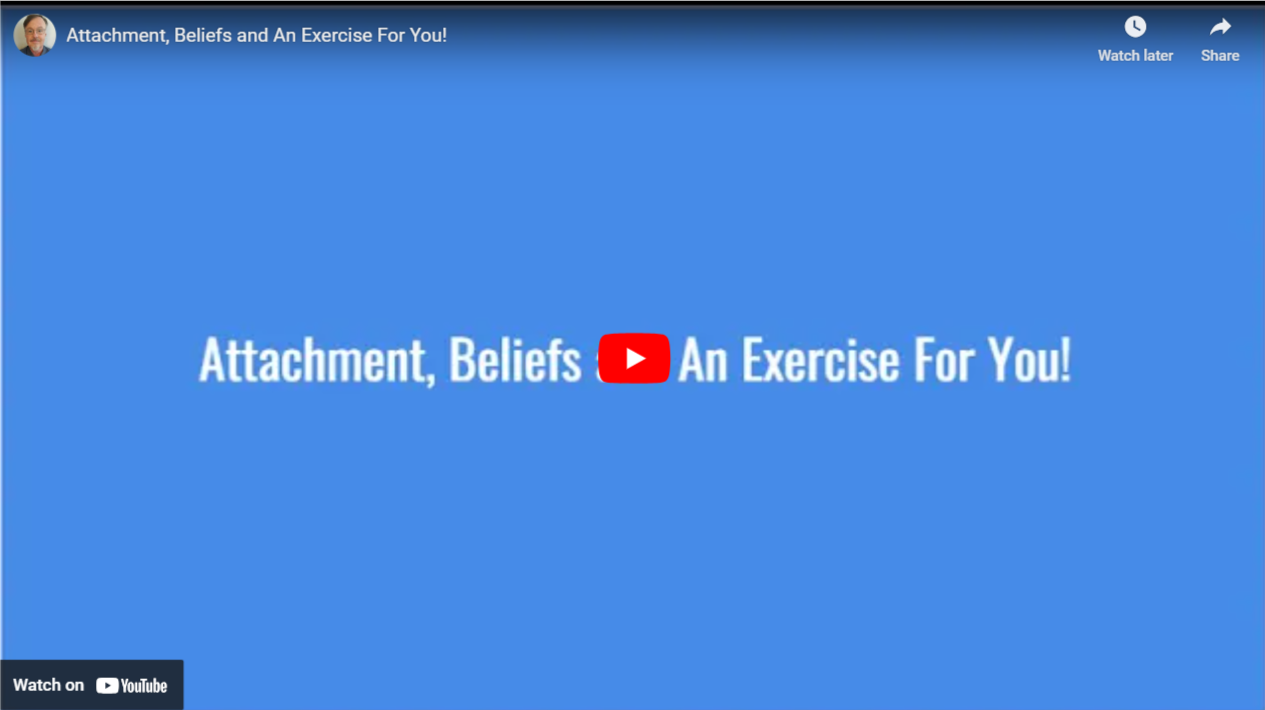Why we stay silent…and how you can stop
Have you ever had a relationship issue weighing on your mind?
Have you ever had one that you just don’t bring up?
Most people have.
Recently we discussed this interesting topic in one of my weekly healing anger groups. I always find this to be a particularly juicy topic because I have noticed that people with chronic anger often have a very difficult time asking for what they want, or telling you what is bothering them. It seems like it’s easier to just silently stew, or explode.
But what I find most intriguing about this topic is not so much how common it is for many people to have some difficultly being assertive, but what the hidden blocks are that prevent us from giving voice to our concerns.
During the latest round of this discussion I heard a lot of interesting thoughts and personal example of this. They could generally fall under two headings: emotions and beliefs.
Emotions
In terms of emotions lets start with the most common one. Let’s start with fear. Many of us are frightened that if we ask for what we want, we are going to upset other people. We might also be afraid that we will harm the relationship or that someone may criticize or reject us. Remaining silent can be a way that we try to protect ourselves from feeling too vulnerable or a way to protect ourselves from other’s anger or criticism. We stay silent, distant and safe.
Similarly, many people feel embarrassed about saying what is bothering them. You might believe that if something upsets you, it may somehow mean that you are weak, inferior or needy. You might believe that if you are troubled, it somehow makes you bad. These are the common ways that shame and embarrassment keep us from speaking up.
Some people believe that they are doing something bad when they speak up. They feel guilty, like they are causing harm to someone, doing something destructive, or being immoral. This can be encouraged by others who will sometimes indeed try to make you feel guilty. It can also be supported by cultural and family traditions.
Beliefs
What else can get in the way of being appropriately assertive? Your beliefs might. For example, if you tend to minimize your feelings and needs, you might believe “This is not that significant”, or “I’m getting annoyed by something trivial”. While it’s always good to consider how important a certain matter is, you might also want to reflect on whether you have a habit of minimizing your own feelings.
Another belief that people have is one about their own level of responsibility. For example, some people stay silent because they habitually think “I’m the only one who can fix this”. Pride can also be a barrier and you may find yourself thinking, “I shouldn’t want or need anything”.
So what do you do now?
Start by making a decision to let yourself feel uncomfortable. Whenever we change a habit, we feel some level of discomfort. Remember no one ever really has died of embarrassment and anxiety fades when we expose ourselves to whatever makes us nervous. It is trying to avoid the discomfort that creates most of the problem.
If it is a belief that is keeping you silent, then it is time to examine your values and decide whether or not you would like to change your habitual thinking! Look for evidence that flies in the face of you own most limiting beliefs. For example, if you get yourself stuck by believing “It’s would bother him to bring this topic up, I shouldn’t do it”, then you might look for some evidence that would convince you that you are doing something uncomfortable but ultimately positive.
Get a qualified, experienced counselor to help you!
Changing self limiting beliefs and feelings can be done. People do it all the time. If you would like to improve your relationships, a good counselor or therapist can help you to identify the blind spots that are undermining you. If you are having trouble finding the words, he can help you learn how to phrase things so that it will be easiest for others to hear. A good therapist can help you to identify the hidden beliefs and feelings that are keeping you stuck and get you on your way towards having great relationships.
To learn more about how I work click here.

